Navigating the Landscape of Mental Health: Understanding Map Clinics
Related Articles: Navigating the Landscape of Mental Health: Understanding Map Clinics
Introduction
With enthusiasm, let’s navigate through the intriguing topic related to Navigating the Landscape of Mental Health: Understanding Map Clinics. Let’s weave interesting information and offer fresh perspectives to the readers.
Table of Content
Navigating the Landscape of Mental Health: Understanding Map Clinics
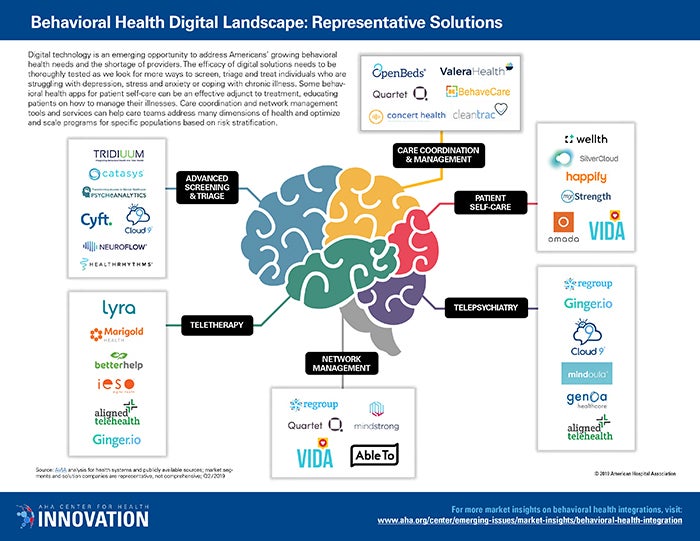
Mental health, once a shrouded topic, is increasingly gaining recognition as a vital aspect of overall well-being. The need for accessible and comprehensive mental health services has led to the emergence of specialized clinics, including Map Clinics, which offer a tailored approach to diagnosis and treatment. This article aims to provide a comprehensive understanding of Map Clinics, their significance in the mental health landscape, and the benefits they offer.
Defining Map Clinics: A Multifaceted Approach to Mental Health
The term "Map Clinic" is not a universally recognized term in the medical field. It is often used to describe a clinic that offers a multifaceted approach to mental health care, encompassing various aspects of diagnosis, treatment, and support. These clinics often utilize a "map" metaphor to illustrate their approach, emphasizing the individualized and tailored nature of their services.
Key Features of Map Clinics:
-
Comprehensive Assessment: Unlike traditional mental health clinics that may focus on a single diagnosis or treatment modality, Map Clinics conduct thorough assessments encompassing a wide range of factors. These assessments may include:
- Psychological evaluation: Examining the individual’s thoughts, feelings, and behaviors.
- Medical history review: Identifying any underlying medical conditions that could contribute to mental health challenges.
- Social and environmental factors: Analyzing the individual’s social support system, work environment, and other external influences.
- Lifestyle assessment: Exploring the individual’s daily habits, sleep patterns, and overall lifestyle choices.
-
Personalized Treatment Plans: Based on the comprehensive assessment, Map Clinics develop personalized treatment plans tailored to the individual’s specific needs. This may involve:
- Therapy: Individual, group, or family therapy sessions using various modalities like Cognitive Behavioral Therapy (CBT), Dialectical Behavior Therapy (DBT), or psychodynamic therapy.
- Medication management: Prescribing appropriate medications, if necessary, and monitoring their effectiveness.
- Lifestyle interventions: Recommending lifestyle changes, such as improved diet, exercise, and stress management techniques.
- Support services: Connecting individuals with community resources, support groups, or other relevant services.
- Collaborative Approach: Map Clinics often emphasize a collaborative approach involving the individual, their family, and a team of mental health professionals. This fosters open communication and shared decision-making, promoting a sense of empowerment and active participation in the treatment process.
- Focus on Holistic Well-being: Map Clinics recognize that mental health is intertwined with physical health and overall well-being. They may incorporate elements of mindfulness, relaxation techniques, and other holistic practices to promote a balanced and healthy lifestyle.
Benefits of Map Clinics:
- Personalized Care: Map Clinics offer a tailored approach to mental health care, addressing the unique needs and challenges of each individual.
- Comprehensive Assessment: The thorough assessments conducted by Map Clinics provide a comprehensive understanding of the individual’s mental health, enabling more effective treatment planning.
- Multidisciplinary Team: The multidisciplinary team of professionals at Map Clinics ensures that individuals receive a well-rounded approach to treatment, encompassing various aspects of mental health care.
- Holistic Approach: By addressing mental health within the context of overall well-being, Map Clinics promote a more balanced and sustainable approach to recovery.
- Increased Access: Map Clinics often aim to make mental health services more accessible, breaking down barriers to care through flexible scheduling, affordable fees, and convenient locations.
Addressing Common Concerns:
- What are the qualifications of the professionals at Map Clinics? Map Clinics employ licensed and qualified mental health professionals, including psychologists, psychiatrists, social workers, and counselors. They should adhere to ethical standards and best practices within their respective fields.
- Are Map Clinics covered by insurance? Insurance coverage for mental health services can vary widely. It is essential to check with your insurance provider to determine if Map Clinics are covered under your plan.
- How can I find a Map Clinic in my area? You can search online directories, contact your local mental health association, or ask your primary care physician for referrals.
- What if I have a specific mental health condition? Map Clinics are equipped to address a wide range of mental health conditions. However, it is important to discuss your specific concerns with the clinic to ensure they have the expertise and resources to meet your needs.
Tips for Choosing a Map Clinic:
- Consider your specific needs: Think about the type of mental health support you require, such as therapy, medication management, or support groups.
- Research the clinic’s services: Explore the clinic’s website, read online reviews, and contact them directly to inquire about their approach and qualifications.
- Schedule an initial consultation: A consultation allows you to meet with the clinic staff, discuss your concerns, and determine if they are the right fit for you.
- Ask questions: Don’t hesitate to ask questions about the clinic’s approach, fees, and any other concerns you may have.
- Trust your instincts: Ultimately, choose a clinic that you feel comfortable with and confident in their ability to provide you with the support you need.
Conclusion: Embracing a Personalized Approach to Mental Health
Map Clinics represent a positive shift in the mental health landscape, offering a personalized and comprehensive approach to care. By embracing a multifaceted assessment, tailoring treatment plans, and fostering collaboration between individuals and professionals, Map Clinics empower individuals to navigate their mental health journey with greater understanding and support. As mental health continues to gain recognition as a fundamental aspect of overall well-being, Map Clinics play a vital role in providing accessible and effective services to those seeking help.
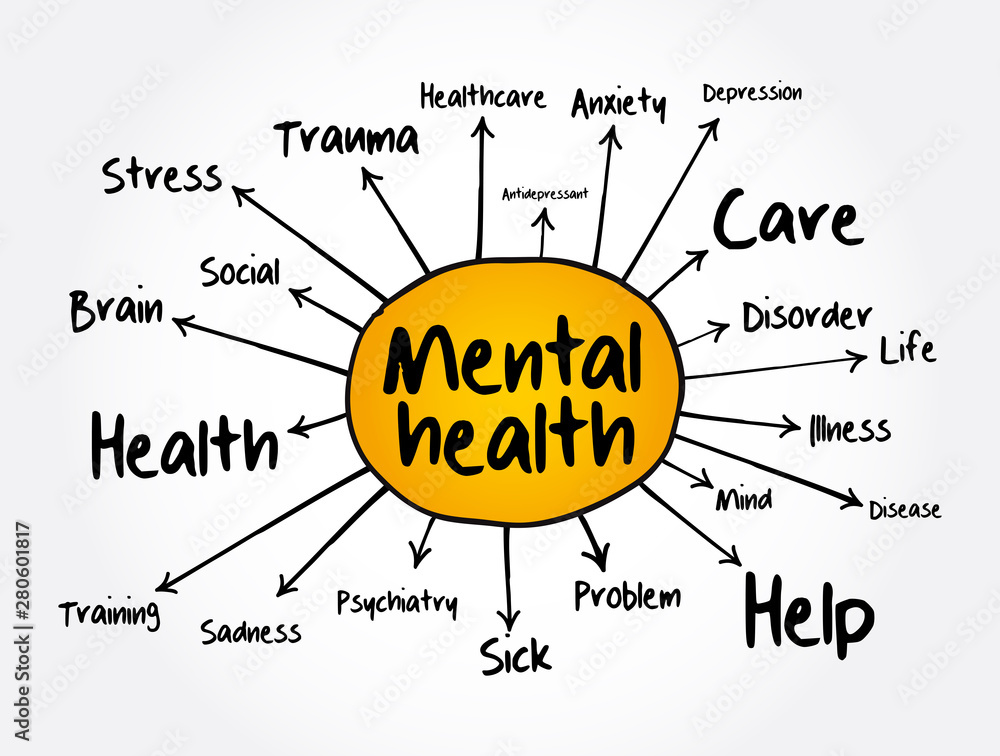
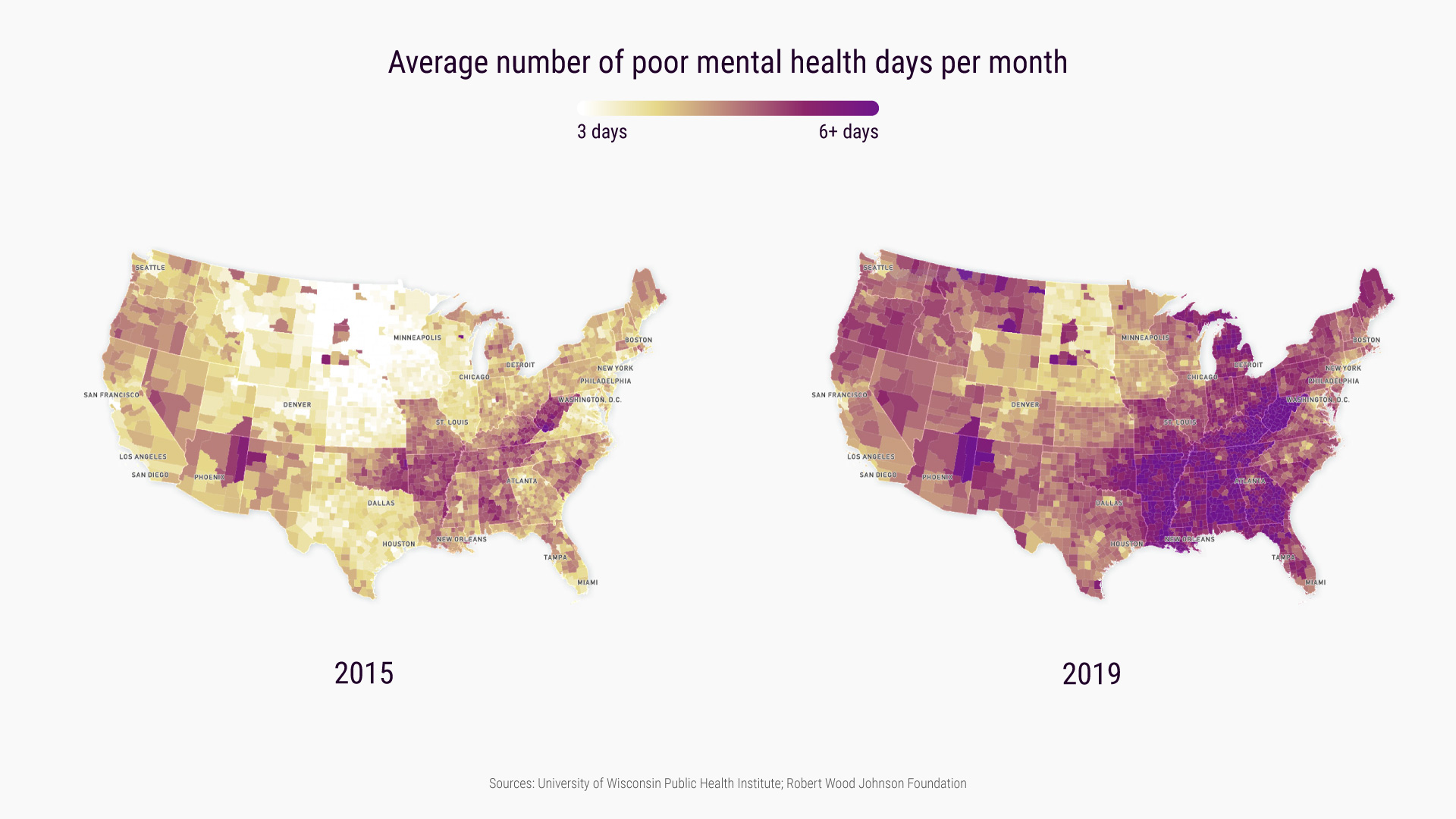
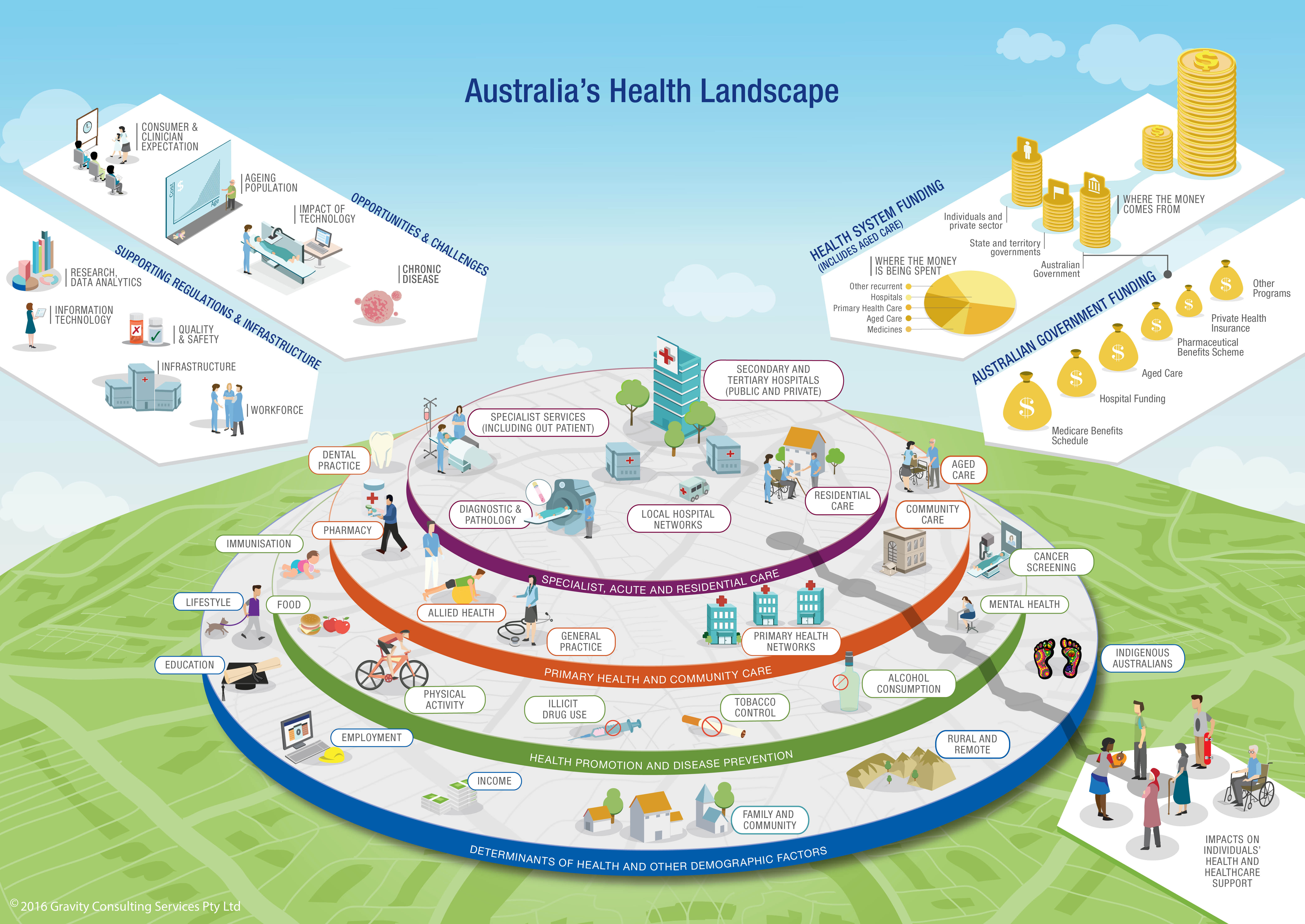

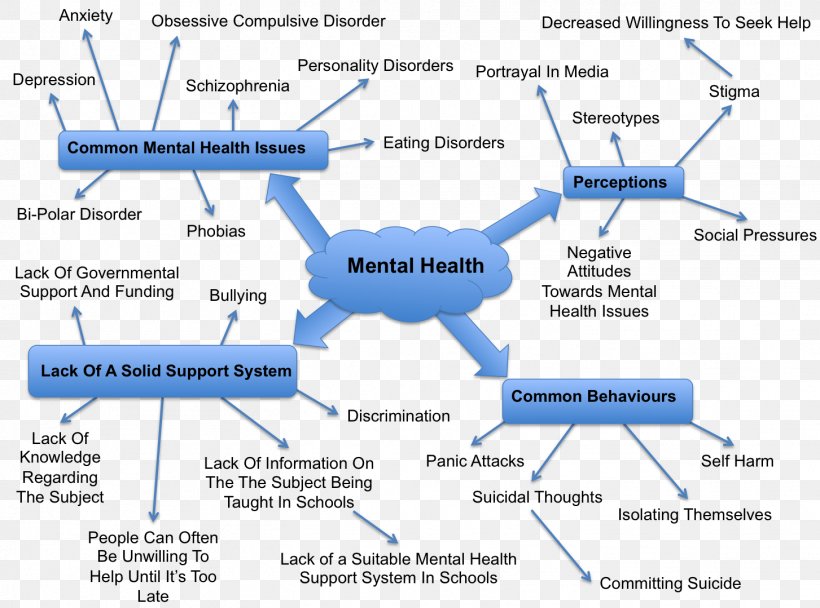


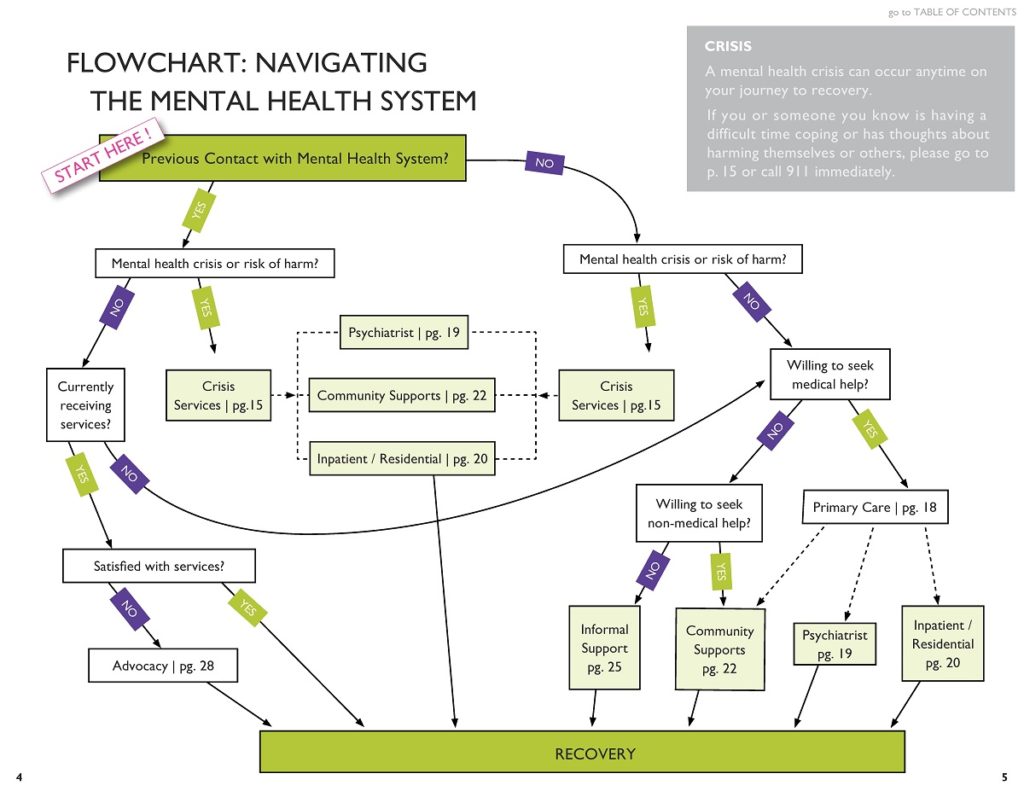
Closure
Thus, we hope this article has provided valuable insights into Navigating the Landscape of Mental Health: Understanding Map Clinics. We appreciate your attention to our article. See you in our next article!